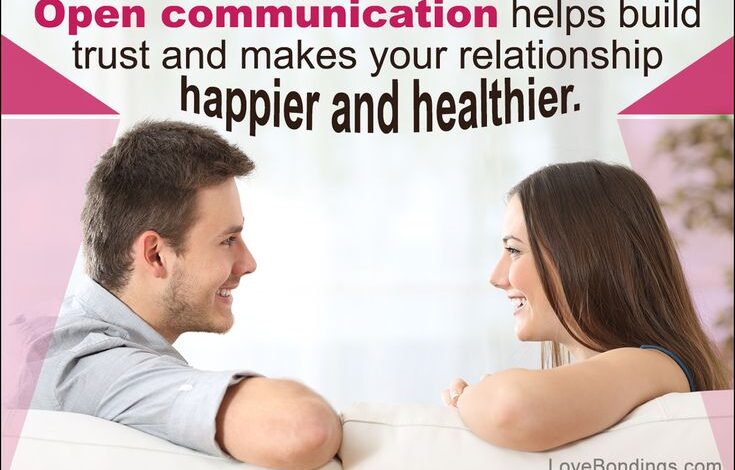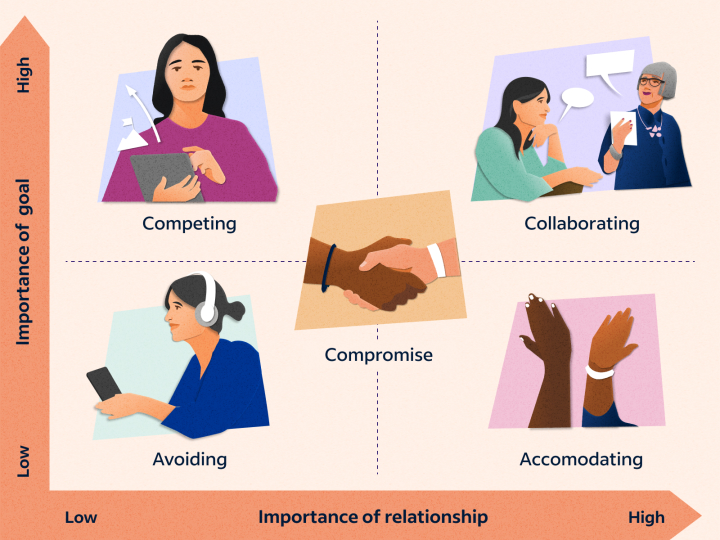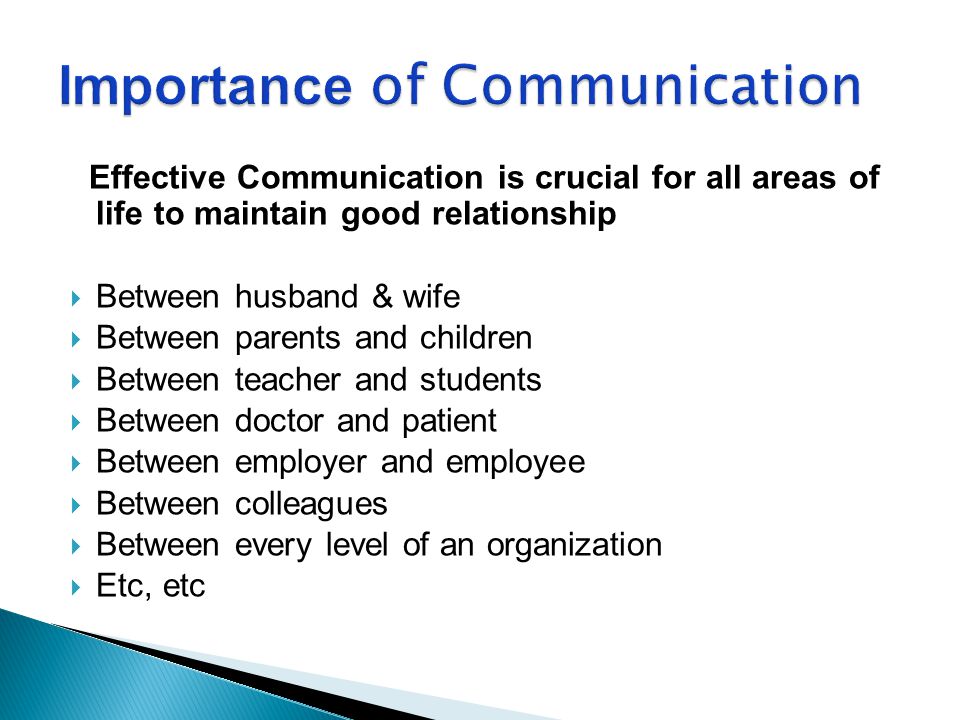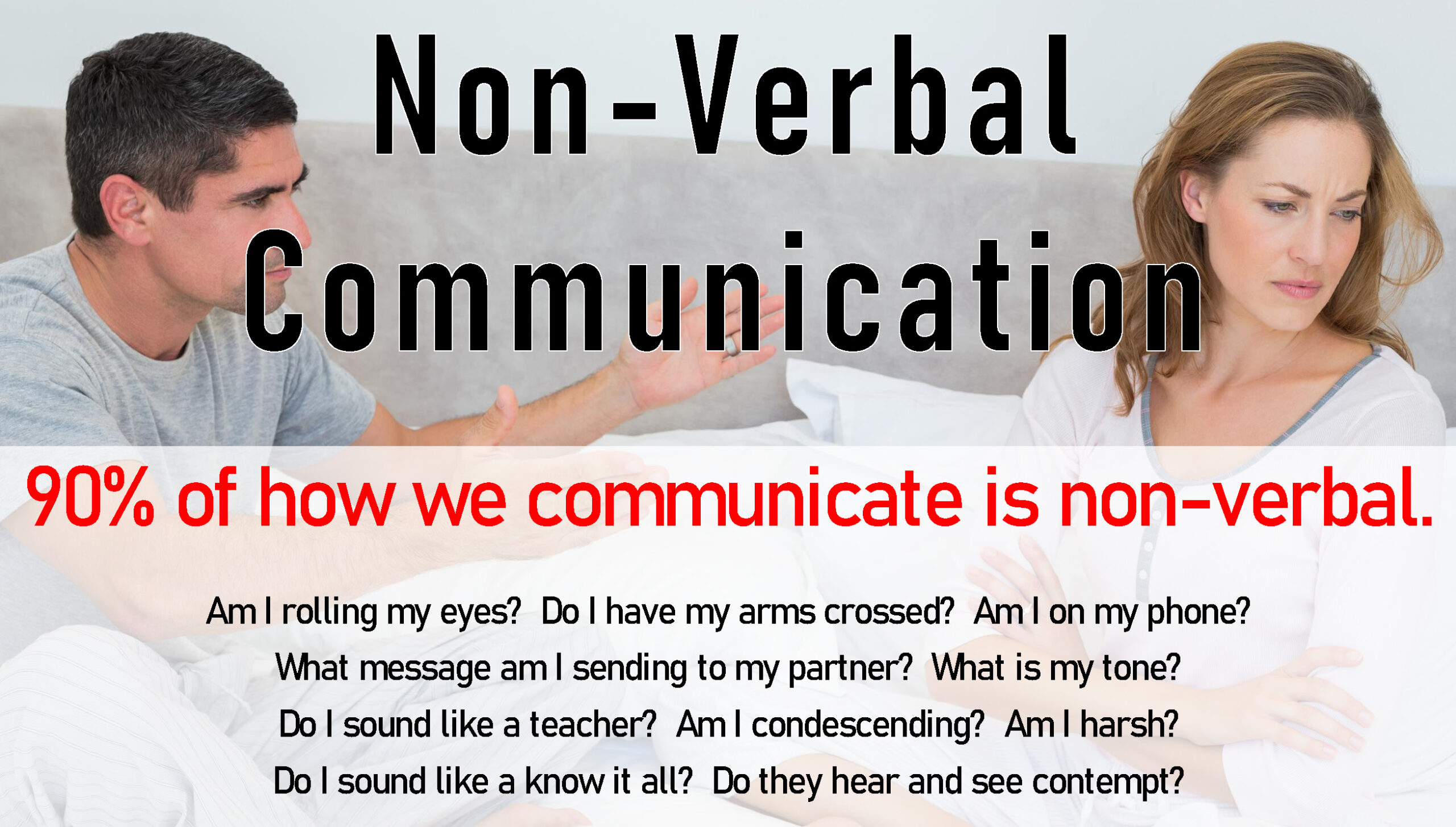The Importance of Communication in a Relationship


Understanding Communication in a Relationship
Importance of effective communication
Effective communication plays a crucial role in fostering healthy and strong relationships. It is a key aspect that allows individuals to express their feelings, thoughts, and concerns openly and honestly with their partner. Communication helps in resolving conflicts, building trust, and deepening the emotional connection between two people. It also promotes understanding and empathy in a relationship, leading to a more harmonious and fulfilling bond.
Types of communication in a relationship
| Verbal Communication | Non-Verbal Communication |
|---|---|
| Involves spoken or written words to convey thoughts, emotions, and information. | Utilizes gestures, facial expressions, body language, and eye contact to communicate feelings and intentions. |
| Direct and explicit in conveying messages. | Can sometimes be more powerful than verbal communication in expressing emotions and attitudes. |
| Examples include conversations, discussions, arguments, and compliments. | Examples include eye contact, facial expressions, hand movements, and posture. |
In a relationship, a combination of both verbal and non-verbal communication is essential for effective interaction and understanding between partners. Both types help in expressing emotions, resolving conflicts, and nurturing a strong and healthy connection.
Building Trust Through Communication
Role of trust in communication
Effective communication in a relationship is closely intertwined with trust. Without trust, communication can become strained and ineffective. Trust forms the foundation upon which open and honest communication can thrive. When partners trust each other, they feel secure in expressing their thoughts and emotions without fear of judgment or betrayal. This trust allows for deeper connections and a stronger bond between individuals.
Ways to establish trust through communication
– **Be Honest**: Openness and honesty in communication build trust. Avoiding lies or half-truths is crucial.- **Active Listening**: Showing genuine interest and attentiveness when your partner speaks helps in building trust.- **Consistency**: Being consistent in words and actions fosters trust and reliability in communication.- **Empathy**: Understanding and empathizing with your partner’s feelings enhances trust and emotional connection.- **Respect**: Respectful communication, even during disagreements, strengthens trust and mutual understanding.
In a relationship, establishing and nurturing trust through effective communication is essential for maintaining a healthy and fulfilling bond between partners. Trust enhances the quality of communication and fosters a deeper emotional connection.

Resolving Conflicts Through Effective Communication
Handling conflicts in a relationship
Effective communication is crucial when resolving conflicts in a relationship. Conflicts are bound to arise, but how they are handled can either strengthen or weaken the bond between partners. Open and honest communication plays a key role in addressing issues and finding solutions together. Avoiding blame and instead focusing on constructive dialogue can help partners navigate through disagreements more effectively.
Communication strategies for conflict resolution
– **Active Listening**: Actively listen to your partner’s perspective without interrupting. This shows respect and helps in understanding their point of view.- **Use “I” Statements**: Express your feelings and thoughts using “I” statements to avoid sounding accusatory. This can prevent escalation of conflicts.- **Seek Compromise**: Work together to find middle ground and reach a compromise that satisfies both partners. Compromise requires understanding and flexibility.- **Take Breaks**: If emotions run high, taking a break from the discussion can provide space for both partners to calm down and approach the issue with a clearer mindset.- **Professional Help**: In some cases, seeking the assistance of a therapist or counselor can facilitate productive communication and conflict resolution.
Effective communication during conflicts fosters understanding, strengthens trust, and paves the way for a healthier and more harmonious relationship.

Expressing Emotions and Feelings
Importance of expressing emotions
Effective communication entails the ability to express emotions and feelings openly. In a relationship, bottling up emotions can lead to misunderstandings and unresolved conflicts. By expressing emotions, individuals can create a safe space for honest dialogue and strengthen emotional bonds with their partners.
Effective ways to communicate feelings in a relationship
– **Be Transparent**: Share your feelings openly and honestly with your partner. Transparency can foster trust and intimacy in the relationship.- **Use Non-Verbal Cues**: Sometimes, non-verbal cues such as body language or facial expressions can convey emotions more effectively than words.- **Validate Your Partner’s Feelings**: Acknowledge and validate your partner’s emotions, even if you may not fully understand them. This demonstrates empathy and support.- **Regular Check-ins**: Schedule regular check-ins to discuss emotions and feelings in a non-confrontational manner. This can prevent misunderstandings and build a stronger emotional connection.- **Express Gratitude**: Expressing gratitude for your partner’s understanding and support can create a positive atmosphere and strengthen the emotional bond between both individuals.
Continuing Effective Communication for Relationship Growth
Effective communication is essential for navigating conflicts and expressing emotions in a relationship. By employing active listening, “I” statements, seeking compromise, and considering professional help when needed, partners can cultivate understanding and strengthen their bond. Additionally, openly expressing emotions and using effective communication strategies can foster trust, intimacy, and a healthier relationship dynamic.

Active Listening in a Relationship
Significance of active listening
Effective communication in a relationship involves active listening, where individuals fully concentrate, understand, respond, and remember what their partner is saying. Active listening demonstrates respect, empathy, and a willingness to understand the emotions and needs of the other person.
Practicing active listening skills in communication
In a relationship, active listening can be practiced by maintaining eye contact, avoiding interruptions, summarizing what the partner said, and asking clarifying questions. By putting aside distractions and focusing on the partner’s words and emotions, individuals can strengthen trust, resolve conflicts, and enhance emotional connection in the relationship. Active listening fosters a deeper understanding of each other’s perspectives and promotes a more harmonious and fulfilling relationship.

Non-Verbal Communication Cues
Interpreting non-verbal communication in a relationship
When it comes to relationships, understanding non-verbal cues is crucial. These cues include gestures, facial expressions, tone of voice, and body language, all of which convey messages beyond words. By paying attention to these non-verbal signals, individuals can gain insights into their partner’s feelings, moods, and attitudes, even when not explicitly expressed verbally. Interpreting non-verbal communication helps build emotional intelligence and empathy within the relationship.
How non-verbal cues impact communication
Non-verbal cues play a significant role in shaping the quality of communication between partners. They can either reinforce or contradict the spoken words, leading to better or misunderstood communication. For instance, a comforting touch can convey support and reassurance even when words fail to do so. Conversely, crossed arms or avoiding eye contact may signal defensiveness or discomfort. Being attentive to these non-verbal cues enables individuals to respond more effectively, deepen emotional connections, and foster trust and understanding in the relationship.

Setting Boundaries Through Communication
Establishing boundaries in a relationship
In relationships, establishing clear boundaries through communication is essential. Boundaries define what is acceptable and what is not, helping individuals feel safe, respected, and understood. By openly discussing and setting boundaries, partners can mutually establish guidelines on how they want to be treated, what is considered respectful behavior, and what actions are off-limits. This clarity fosters a sense of security and predictability within the relationship, reducing misunderstandings and conflicts.
Communicating boundaries effectively
Effective communication of boundaries involves being honest, assertive, and respectful. It is important to express boundaries clearly and directly, without ambiguity. Using assertive language to state preferences and limits can prevent misinterpretation and ensure that expectations are known. Additionally, listening to and acknowledging the boundaries set by the partner is equally crucial. Healthy communication of boundaries promotes mutual understanding, reinforces respect, and strengthens the foundation of the relationship.

Rebuilding Communication After a Breakdown
Addressing communication breakdowns
In relationships, addressing communication breakdowns is crucial for maintaining a healthy connection. When communication falters, it can lead to misunderstandings, conflicts, and feelings of disconnect. It’s important for individuals to identify the root causes of breakdowns, which could stem from lack of clarity, unmet expectations, or emotional barriers. By acknowledging the breakdown and committing to address it, couples can work towards regaining effective communication and rebuilding trust.
Strategies to improve communication post-breakdown
To improve communication after a breakdown, individuals need to prioritize active listening, empathy, and openness. Actively listening to one another’s perspectives without judgment can help resolve misunderstandings and foster a sense of validation. Showing empathy towards each other’s feelings and experiences can create emotional connection and understanding. Being open to feedback, learning from past communication challenges, and implementing clearer strategies moving forward can strengthen communication and prevent future breakdowns. By actively engaging in these strategies, couples can rebuild their communication and nurture a stronger bond.

Rebuilding Communication After a Breakdown
Addressing communication breakdowns
In relationships, addressing communication breakdowns is crucial for maintaining a healthy connection. When communication falters, it can lead to misunderstandings, conflicts, and feelings of disconnect. It’s important for individuals to identify the root causes of breakdowns, which could stem from lack of clarity, unmet expectations, or emotional barriers. By acknowledging the breakdown and committing to address it, couples can work towards regaining effective communication and rebuilding trust.
Strategies to improve communication post-breakdown
To improve communication after a breakdown, individuals need to prioritize active listening, empathy, and openness. Actively listening to one another’s perspectives without judgment can help resolve misunderstandings and foster a sense of validation. Showing empathy towards each other’s feelings and experiences can create emotional connection and understanding. Being open to feedback, learning from past communication challenges, and implementing clearer strategies moving forward can strengthen communication and prevent future breakdowns. By actively engaging in these strategies, couples can rebuild their communication and nurture a stronger bond.
Conclusion
Summary of the importance of communication in a healthy relationship
The importance of communication in a healthy relationship cannot be overstated. Effective communication is the foundation of a strong and lasting connection between partners. When communication breakdowns occur, addressing them promptly and constructively is vital to rebuilding trust and understanding.
Tips for enhancing communication skills
Enhancing communication skills requires active listening, empathy, openness, and a willingness to learn from past challenges. By prioritizing these aspects and being proactive in addressing communication breakdowns, couples can strengthen their bond and foster a more harmonious relationship.




